With fair trade, we all come out winners
Chicago Sun-Times Commentary July 7, 2008
You've probably seen the fair-trade labels on products like coffee, tea, chocolate, and on some clothes and crafts.
Now a campaign is under way to make all Chicago a fair-trade city. Organizers with Chicago Fair Trade are calling on the City Council to pass a resolution in support of fair trade and to encourage city departments to buy fair-trade goods.
A handful of exclusively fair-trade stores, about 30 Web-based fair-trade businesses and many other shops and restaurants serve or sell fair-trade products in the Chicago area. But the goal is to encourage the establishment of at least one fair-trade store in each of the city's 76 neighborhoods or, ideally, one per 10,000 residents.
It's a noble idea to support products that are made with minimal harm to the environment, knowing that the workers who picked the coffee beans or the cotton were paid a fair and living wage. More than 200 European cities, including London, and a few in the United States support the fair-trade movement. This includes passing resolutions, local governments purchasing fair-trade products and promoting the growth of fair-trade businesses.
But fair trade should also be about the United States practicing fair-trade policies. The bulk of the government's agricultural subsidies are given for five major crops in the United States -- corn, rice, soybeans, wheat and cotton. The subsidies are allotted on a per-acreage basis that primarily benefits large agribusiness and result in overproduction. The surplus is dumped at cut-rate prices on the world market.
The harm done to farmers in the developing world is staggering.
Consider cotton farmers in West Africa: From 2001 and 2005, they lost $382 million in exports because of America's self-serving agricultural policies -- policies that don't even benefit most small American farmers. Three-quarters of American farmers receive no subsidies because they are not growing these particular crops.
Eliminating U.S. cotton subsidies would increase income for some 10 million Africans by 2.3 percent to 5.7 percent, according to Oxfam. This would dramatically improve the lives of African farmers, who subsist on less than $2 a day. If poor countries could increase their share of exports by just 1 percent, Oxfam projects, some 128 million people would be lifted out of poverty.
The United States already gives Africa billions of dollars in the form of food and medical aid, but adopting strong fair-trade policies would help grow Africa's local economies. It's the old maxim: Give a person a fish and he eats for a day; teach him to fish and he never goes hungry again.
Unfortunately, Congress missed a chance to move toward more reasonable fair trade policies earlier this year when it passed a Farm Bill that included the usual market-distorting agricultural subsidies.
Today, fair-trade cotton from Africa may be found in a dress sold in a fair-trade shop in Chicago, and fair-trade coffee from Latin America is now available in Starbucks, Costco and even Target. As economies become more interconnected around the world, supporting fair trade is one small way Americans can become better global citizens.
WHERE TO BUY FAIR-TRADE PRODUCTS IN THE CHICAGO AREA
Ten Thousand Villages, 719 Main St., Evanston; 121 N. Marion St., Oak Park; 499C Pennsylvania Ave., Glen Ellyn; 960 Harris Road, Suite 1B, Grayslake www.tenthousandvil lages.com
The Fair Trader, 1623 E 55th St., Chicago www.thefairtraderchicago.com
Greenheart, 746 N. La Salle, Chicago www.green heartshop.org
To see a complete list of fair-trade cafes, restaurants, vendors and shops in the Chicago area go to:
http://chicagofairtrade.org/shopping
Subscribe to:
Post Comments (Atom)
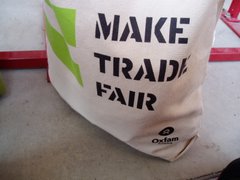

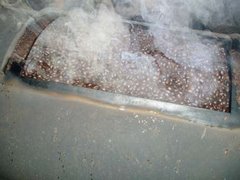
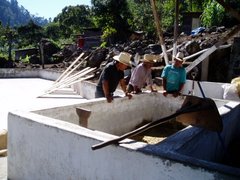
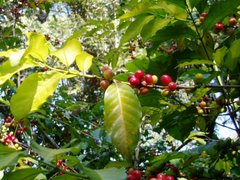
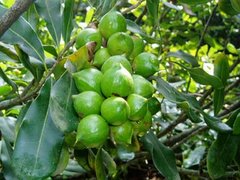
No comments:
Post a Comment